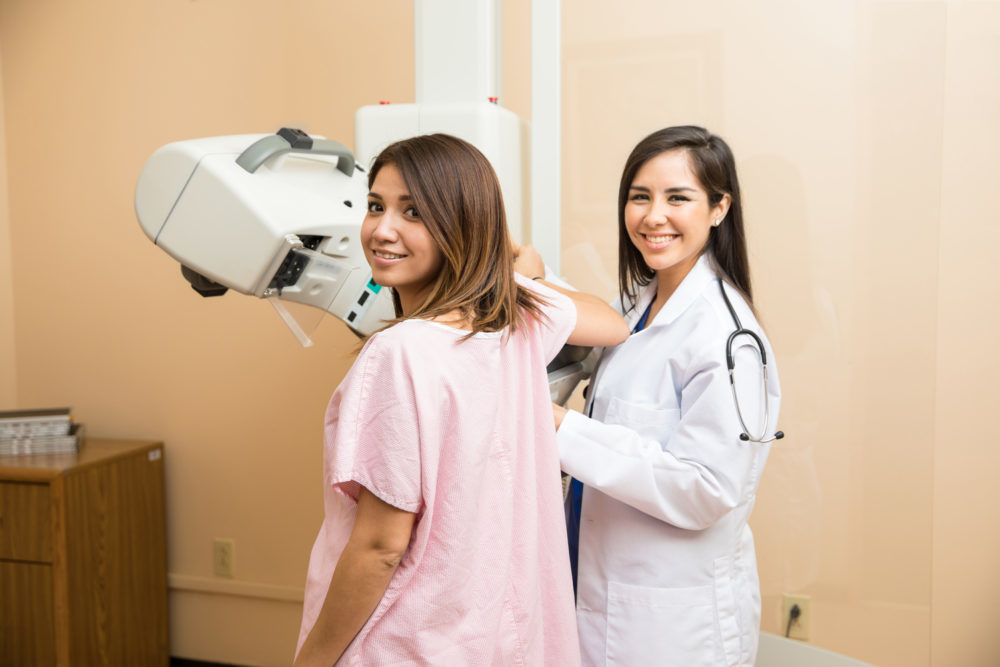
Screenings and Treatments for Breast Cancer
Breast cancer is a type of cancer that affects the breast cells. It is a condition in which the cells of the breast multiply abnormally at faster rates compared to healthy cells. While breast cancer is mainly associated with women, men may also develop this type of cancer.
Breast cancer can develop due to a number factors. Common contributing causes of breast cancer include hormone treatments, exposure to radiation, alcohol consumption, body weight, estrogen exposure, highly dense breast tissue, age, and genetics, specifically TP53, BRCAs- BRCA2 and BRCA1, which are known as the breast cancer genes.
Breast cancer is further classified according to its place of origination. Breast cancer types can include inflammatory breast cancer, invasive breast cancer, and more, and typically involve these symptoms:
- Inversion of the nipple, feel like lumps
- Blood discharge from the nipples
- Swollen or red lymph nodes
- Puckering or thickening of the nearby skin
- Changes in breast or nipple shape
- Crusting or rash can also occur on the skin or nipples
- Nipple pain and breast pain
Proper screening and diagnosis can helps your oncologist determine the type of breast cancer, including the area of origination, the stage, and a course of effective treatment. It is impossible to determine all these factors without the help of the screening and tests, such as:
- Breast MRI
- Biopsy
- Breast ultrasound
- Breast exam
- Mammogram
Depending on the stage, progression rate, age, and type of breast cancer, as well as the patient’s health, a treatment plan may be made up of the following:
- Chemotherapy
- Hormone therapy
- Biological therapy
- Surgery
- Radiation therapy
- Surgery is done to remove cancerous tissues


